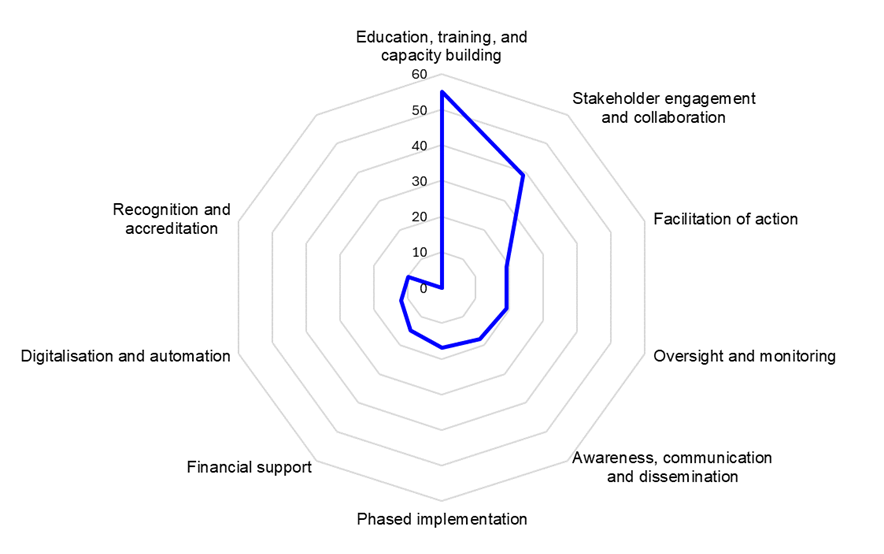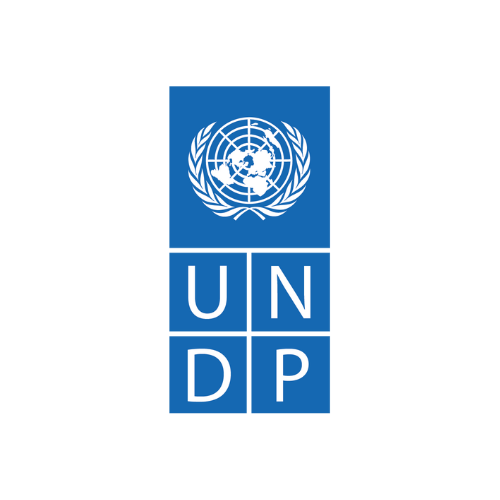Partner: UN Tourism
Programme: UN Tourism Fellowship, 2024
Fellows: Amy Booth and Buntu Fanteso

Background
United Nations (UN) Tourism and the SDG Impact Lab are partnering on multi-year research to develop a harmonised framework for measuring and reporting the environmental, social, and governance (ESG) impact of tourism businesses. The tourism sector is deeply interconnected with environmental and social issues, with the potential for both positive and negative impact. The sector is facing growing pressure to measure, report, and engage with its wider environmental and social impact and operate in a sustainable manner. However, the landscape of ESG reporting is fragmented, not tailored towards tourism, and inaccessible for most companies. This leads to reporting fatigue, accountability concerns, and difficulties with benchmarking sustainability efforts. This research aims to address these challenges through the development of a standardised ESG Framework for tourism businesses.
Methods
The development of the ESG Framework was informed by a multi-phase research approach combining both qualitative and quantitative methods. In Phase 1, conducted between January and September 2023, the team performed a literature review and in-depth interviews with tourism companies to identify preliminary ESG indicators and understand initial perspectives on a standardised Framework. Phase 2, from January to September 2024, focused on refining the Framework by integrating insights from an expanded survey, additional interviews, and focus groups with tourism companies worldwide. This phase prioritised gathering diverse perspectives from different industries, regions, and company sizes, and involved a total of 571 companies across 78 countries. Data from surveys and interviews were analysed, identifying key themes related to the Framework’s indicators, reporting opportunities and challenges, and implementation recommendations. This research approach ensured the Framework was both evidence-based and responsive to the tourism industry’s unique sustainability needs.
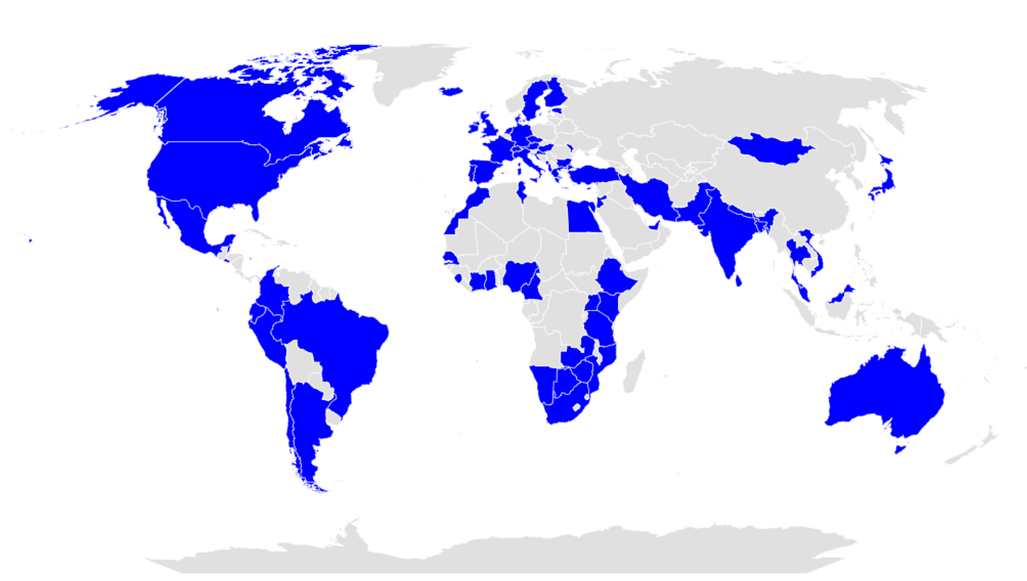
Key Findings
The following findings emerged from the research:
- Key environmental and social concerns, related to tourism, were identified: Environmental issues identified include water consumption, waste production, greenhouse gas emissions, biodiversity loss, and land degradation. Social issues included fair workforce practices, cultural preservation, community development, and customer well-being.
- Current challenges of sustainability reporting were surfaced: Many tourism companies faced obstacles in sustainability reporting, including resource constraints, complex data requirements, and misaligned ESG standards not tailored to tourism. This has led to fragmented reporting practices and the use of inconsistent or self-developed frameworks, impacting the comparability and accountability of ESG data in the sector.
- The benefits of a global ESG Framework were clear: Key benefits included the relevance of the framework for the tourism sector, and the potential for the framework to provide standardisation, promote transparency and accountability, drive efficiency gains, and offer recognition and accreditation.
- Potential limitations of the global ESG Framework were identified: Despite recognising the value of a global ESG Framework, companies identified some potential risks and limitations including contextual limitations, reporting-over-action bias, resource constraints, need for technical expertise, accessing reliable data, supply chain challenges, and assurance and verification.
Suggestions for the implementation of the Framework were offered: Tourism companies offered several recommendations for the implementation of the ESG Framework including the need for stakeholder engagement, communication and dissemination of the Framework, education, training and capacity building, digitalisation and automation, phased implementation, support for using the Framework, and the need for oversight and monitoring of the Framework.
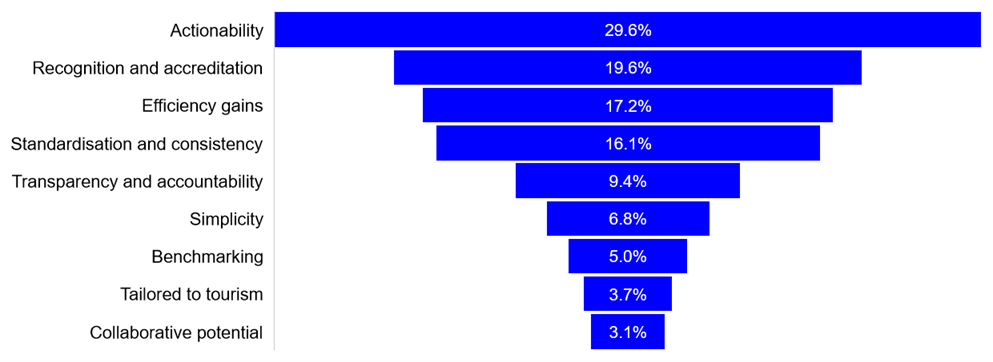
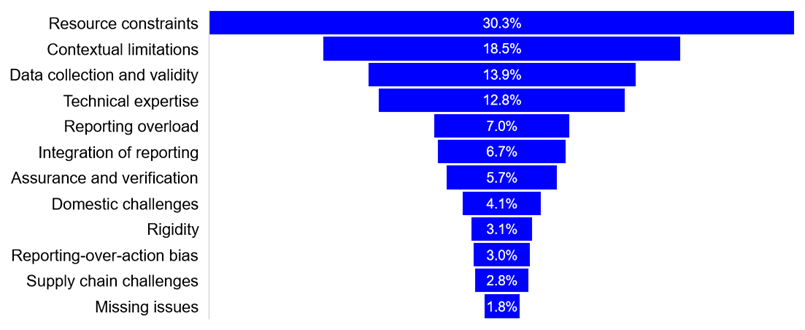
Conclusion
The proposed ESG Framework is a critical step in promoting sustainable practices across the tourism industry. By addressing specific environmental and social challenges within tourism, the Framework holds promise for transforming the sector, encouraging transparency, and aligning the industry with global sustainability goals. For successful adoption, continued collaboration, digital support, and phased implementation will be key, ensuring the framework remains relevant, accessible, and effective across the diverse tourism landscape. The key findings from this research have been incorporated into a UN report on the ESG Framework.
